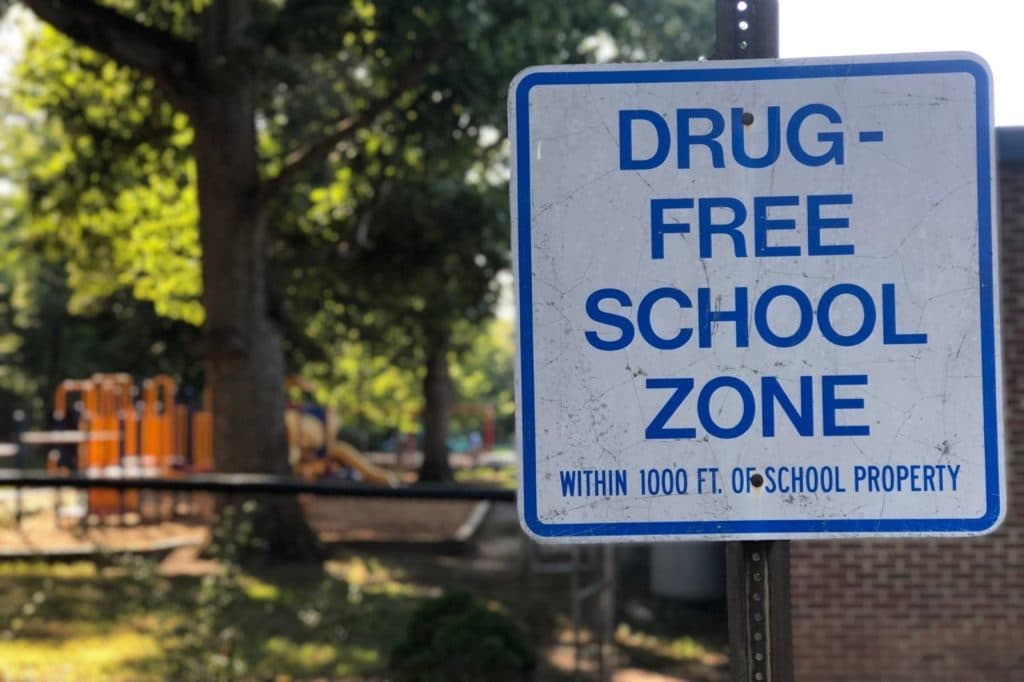There is a strong link between mental illness and substance abuse. People with mental illness resort to substances as “self medication” because they provide relief and escape. Individuals also are at high risk to develop substance addiction because they gain more from using than people without a mental illness. Substances impair judgment, which is already impaired in people with mental illness. Use of alcohol and drugs can exacerbate their mental illness symptoms. Some drugs also increase moods of depression and others increase irritability or aggression, or paranoia or anxiety – which can bring on mental illness episodes.
If a child is struggling with addiction, they probably need immediate help. But would you recognize the signs? Below are three major types of changes that could indicate that a child may be using or abusing drugs or alcohol.
Behavior Changes
According to an article published in Innovations in Clinical Neuroscience, “one of the earliest warning signs that predicts teenage drug use is a change in behavior and mannerism.” Other behavioral changes could include:
- Skipping class, declining grades, getting in trouble at school
- Being caught stealing money or valuables from other students.
- Preoccupation with alcohol and drug-related lifestyle in music, clothing and posters
- Demanding more privacy, avoiding eye contact, refusing to participate in class discussions or activities, sullen attitude
- Sudden change in relationships, friends, favorite hangouts and hobbies
- Using incense, perfume, or air freshener frequently (to hide the smell of smoke or drugs)
- Using eye drops to mask bloodshot eyes and dilated pupils
Mood Changes
Some teenagers who abuse drugs may become more irrational or dramatic in their actions. You may notice this child becoming more irritable, verbally abusive, or even violent with you or others at school or in the community. Additionally, the child may begin to threaten to drop out of school, run away from home, or destroy property. Depression, mood instability and apathy are also warning signs of potential drug abuse and shouldn’t be taken lightly. Other mood changes to be aware of include:
- Unexplained, confusing changes in personality and/or attitude
- Sudden mood changes, irritability, angry outbursts or laughing at nothing
- Periods of unusual hyperactivity or agitation
- Lack of motivation and/or an inability to focus
- Appearing fearful, withdrawn, anxious or paranoid, with no apparent reason
Physical Changes
Drug use takes a physical toll on the body, and its visible signs are plentiful and varied. Some physical changes that could indicate drug or alcohol use or abuse include:
- Bloodshot eyes
- Widely dilated pupils
- Sudden weight loss (or weight gain)
- Poor hygiene
- Frequent nosebleeds
- Shakes or tremors
- Red, flushed cheeks
- Bruises or other unexplained injuries
- Drowsiness or fatigue
- Changes in appetite or sleep patterns
- Unusual smells on breath, body, or clothing
- Incoherent or slurred speech
These warning signs do not always indicate drug use. However, if you see any of these warning signs in a child under your care, don’t sweep it under the rug and hope it goes away. The best thing you can do for that child is to talk to your administrator and follow their guidance on how to talk to the parents and/or take any mandate reporting steps required. You may want to recommend that the child is taken to their family physician to screen for signs of drug use and other related health conditions. You can also play a vital role in acting as a resource for the parent. The American Society of Addiction Medicine has a Find a Physician feature on its home page, if the parents need help in find the right treatment.










